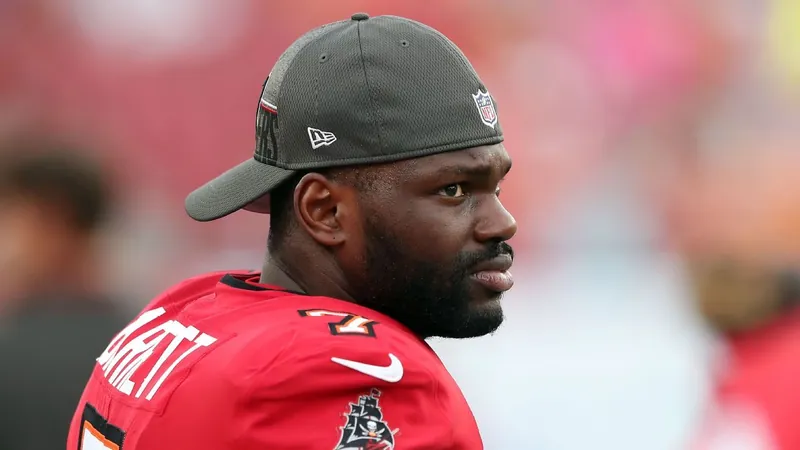
South Korea's Political Turmoil: Acting President Impeached Amidst Deepening Crisis
2024-12-27
Author: Chun
Introduction
In a shocking turn of events, South Korea's political landscape has been thrown into further disarray as lawmakers voted on Friday to impeach acting president Han Duck-soo, just days after the impeachment of former President Yoon Suk Yeol. This unprecedented move marks the first time in South Korea's history that an interim leader has been removed from office.
Background
The political vacuum began earlier this month when President Yoon created a national uproar by briefly enacting military rule, a move that was met with condemnation and led to his impeachment on December 14. Following his suspension, Han filled the role of acting president, but his legitimacy was soon challenged by the opposition, culminating in Friday's impeachment vote.
Concerns and Consequences
The situation raises significant concerns, particularly given North Korea's ongoing nuclear threats and South Korea's economic challenges. The turmoil has contributed to a decline in both business and consumer confidence, causing the South Korean won to plummet to levels not seen since the global financial crisis of 2008.
Expert Opinions
Jeong Hoiok, a political science professor at Myoungji University, pointed out the potential repercussions of this ongoing political instability. "The world is watching, and South Korea’s international standing and economic stability are at risk," he warned, indicating that prolonged unrest could damage diplomatic relations and the economy.
New Interim Leadership
With Han's impeachment, the finance minister and deputy prime minister, Choi Sang-mok, has stepped in as the next acting president, although like his predecessor, he lacks electoral legitimacy. Choi is focused on stabilizing the situation, stating, "The most important thing right now is to minimize the confusion in state affairs."
Roots of Impeachment
The root of Han's impeachment stemmed from his refusal to appoint judges to fill critical vacancies in the Constitutional Court. This court is tasked with deciding the fate of Yoon's impeachment, and the opposition party accused Han of deliberately delaying the process. The disagreements over appointments further highlighted the contentious political environment, as both sides fought over the interpretation of the acting president's powers.
Legal Challenges Ahead
Professor Cha Jina from Korea University emphasized that Han was merely a caretaker leader, indicating that a majority vote should suffice for impeachment proceedings against him. Ultimately, the motion passed with overwhelming support—192 votes in favor and none against—demonstrating the opposition's strength.
Economic Ramifications
Despite the turmoil, discussions about economic challenges continue. The South Korean economy, already grappling with slowing growth and export worries, faces added pressure from the political crisis. The stock market has dropped about 10% this year, and the currency has struggled significantly against the U.S. dollar.
Future of President Yoon
As for President Yoon, he still faces serious legal challenges, including police investigations into accusations of insurrection related to the military rule declaration. The Constitutional Court now has six months to decide his future, while Yoon's trial has already commenced.
Conclusion
The implications of this crisis reach far beyond immediate politics, as experts warn that South Korea's governance and economic status are in jeopardy. The country now stands at a crossroads, where uncertain leadership could have lasting effects on its stability and international relations. With elections looming and a divided government, South Koreans are left wondering what the future holds. Will this political quagmire lead back to democracy, or further entrench the nation in chaos? Only time will tell.




 Brasil (PT)
Brasil (PT)
 Canada (EN)
Canada (EN)
 Chile (ES)
Chile (ES)
 España (ES)
España (ES)
 France (FR)
France (FR)
 Hong Kong (EN)
Hong Kong (EN)
 Italia (IT)
Italia (IT)
 日本 (JA)
日本 (JA)
 Magyarország (HU)
Magyarország (HU)
 Norge (NO)
Norge (NO)
 Polska (PL)
Polska (PL)
 Schweiz (DE)
Schweiz (DE)
 Singapore (EN)
Singapore (EN)
 Sverige (SV)
Sverige (SV)
 Suomi (FI)
Suomi (FI)
 Türkiye (TR)
Türkiye (TR)